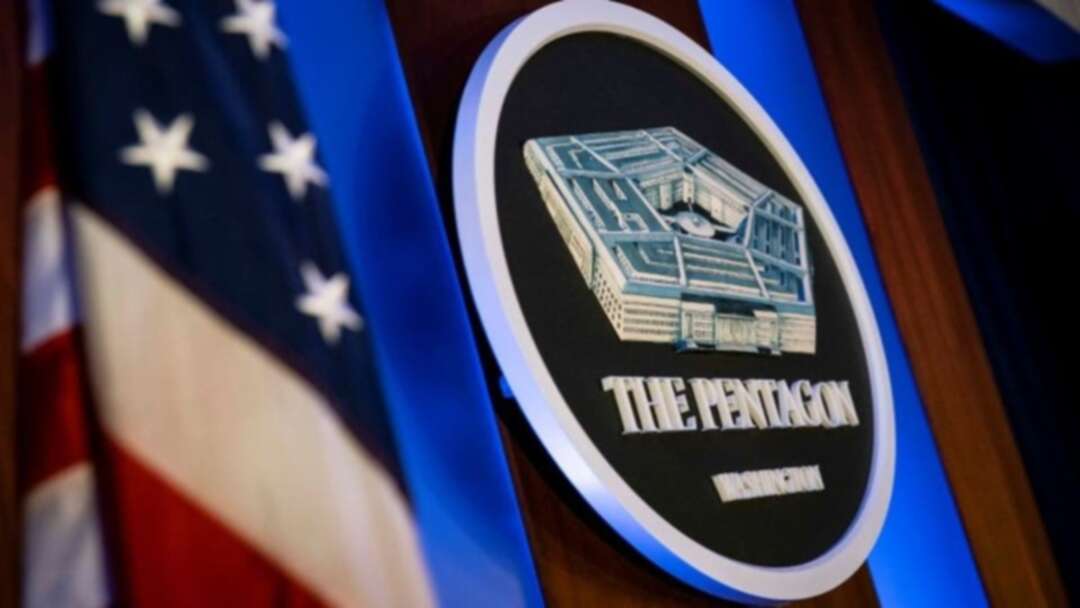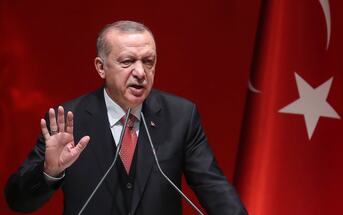-
Washington in Dilemma: Israeli Ambiguity Over Response Plans to Iranian Attack
-
Israel's lack of disclosure to the United States about details of its potential response reveals Tel Aviv's desire to maintain room for maneuver, potentially challenging strategic coordination between

The cancellation of Israeli Defense Minister Yoav Gallant's scheduled visit to Washington has sparked a wave of speculation and questions about the nature of Israel's potential response to the recent Iranian missile attack.
Pentagon spokesperson Sabrina Singh announced the postponement of the visit, while Israeli Prime Minister Benjamin Netanyahu's office described the visit as "pointless."
This development comes amid reports indicating that Israeli leaders have not informed the United States of specific details regarding their decision to respond to the Iranian attack.
U.S. sources revealed to NBC that American military officials discussed the possibility of supporting Israeli retaliation with intelligence or airstrikes, but without knowing Israel's final decision.
In a related context, U.S. sources reported that options still under consideration by the Israeli side include targeting Iranian military and intelligence infrastructure, air defenses, and energy facilities.
However, the sources confirmed that Iranian nuclear facilities were not among the potential targets discussed between the U.S. and Israeli defense ministers.
While the United States affirms its support for Israel's right to defend itself, American officials indicate that no decision has been made regarding any direct U.S. action.
The options range from providing intelligence support to the possibility of executing very limited strikes against Iranian targets, either inside Iran or abroad.
Some analysts view the cancellation of Gallant's visit as a possible indicator that the Israeli response is approaching, especially since Israel has previously conducted major military operations while its leaders were abroad.
Nevertheless, U.S. officials believe that Iran is not seeking a direct war with Israel and the United States unless a major attack is launched on its nuclear infrastructure.
These developments highlight the escalating tensions in the region and raise questions about the future of Israeli-American relations amid this crisis. They also highlight the challenges facing decision-makers in both countries in attempting to balance responding to Iranian threats and avoiding sliding into a full-scale regional war.
Levant-Agencies
You May Also Like
Popular Posts
Caricature
Syrians' concerns now
- December 10, 2024
Syrians' concerns now #Syria
#Bashar_al-Assad
#Liberation_of_Syria
#Syrians
#Future_of_Syria
#Levant_News

opinion
Report
ads
Newsletter
Subscribe to our mailing list to get the new updates!





















